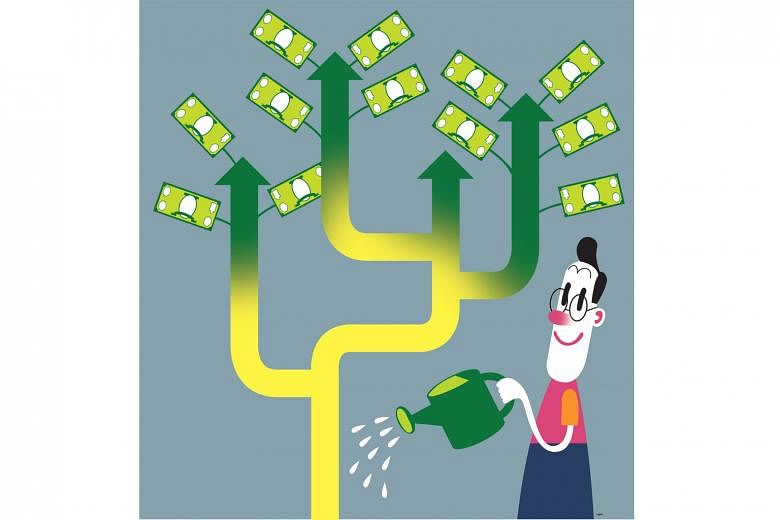Intrigued by Chasen Holdings' recent announcement to the Singapore Exchange that it had won $21 million worth of projects thanks to what it described as "an improvement in the regional economy", I went to see its management last week to learn more about its story.
Based in Jurong, Chasen, whose core business is the specialist relocation of high-value equipment used in electronics manufacturing and third-party logistics, is one of those small and medium-sized operations that have powered the East Asian economic miracle.
Already a subscriber? Log in
Read the full story and more at $9.90/month
Get exclusive reports and insights with more than 500 subscriber-only articles every month
ST One Digital
$9.90/month
No contract
ST app access on 1 mobile device
Unlock these benefits
All subscriber-only content on ST app and straitstimes.com
Easy access any time via ST app on 1 mobile device
E-paper with 2-week archive so you won't miss out on content that matters to you


